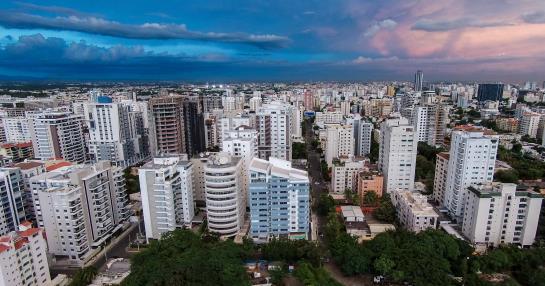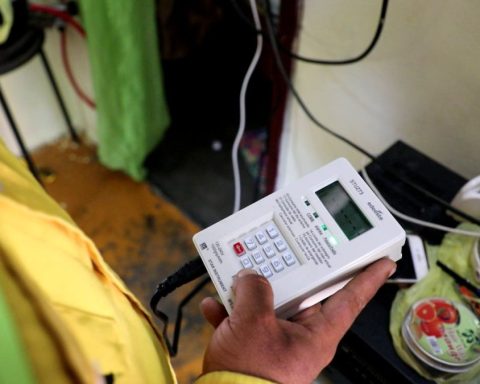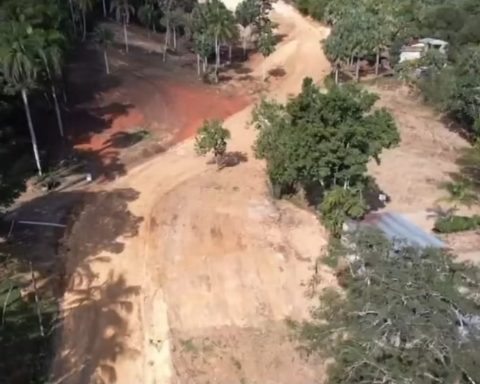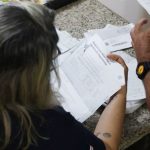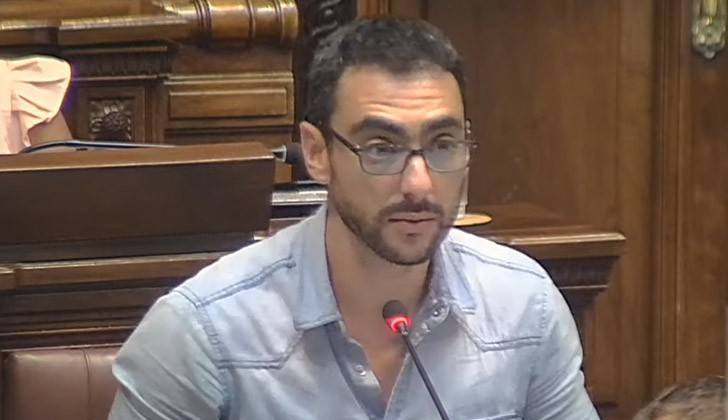“Block airbnb and residential block, separated”. This is how a real estate agency promotes an apartment project in the National District on Instagram. The separation modality is recent in the market to avoid conflicts of coexistence in the face of the boom in the Dominican Republic of investment in real estate for short-term rental purposes, a dynamic that neither the pandemic nor inflation have stopped.
“Right now, the vast majority of the real estate supply that we have is apartments oriented towards short or airbnb (an international digital platform for property rental by your hosts). They are one and two-bedroom apartments”, he informs Free Journal Alberto Bogaert, president of the Association of Real Estate Agents and Companies (AEI), which brings together 92 companies and 722 agents.
Bogaert estimates that short rentals exceed 65% of the current real estate supply, especially in the National District, Punta Cana and Santiago, surpassing family homes. And he has promoted the classification of real estate as condo hotels, because their purpose is short stays.
The clients are foreign tourists and Dominicans who live in other cities of their country, who prefer these furnished residences rather than a conventional hotel. Only between January-February of this 2022, the Central Bank reports that 27.4% of non-resident foreigners who visited the Dominican Republic stayed outside of hotels (249,758 people), a percentage higher than the 20.1% registered in the same months last year .
Among these other accommodations there are short-rent accommodations, although the Central Bank does not specify how many or by which platform. Given the “accelerated growth” of the real estate tourismas indicated by the Minister of Tourism, David ColladoAt the beginning of this April, the official already anticipated the interest of the government that this modality be regulated and contribute to the local treasury. At that time he announced that this would happen in the next 60 days.
He compared that there are already 53,000 rooms available for platforms like airbnb and others, when the private hotel sector has 83,000.
“The real estate I think it was one of the sectors least affected by the pandemic. It boomed and grew quite sharply,” says Bogaert. “Sales skyrocketed. There were companies and vendors, basically, who made record sales.”
How many rooms does each have?
The Minister of Tourism reported at the end of March that in the Dominican Republic there are:
83,000bedrooms
in the private hotel sector.
53,000bedrooms
available for platforms such as Airbnb and other real estate tourism.
Works destined for housing continue to lead the salable construction area in the Greater Santo Domingo metropolitan area, representing 82.0% of the total recorded in the Building Supply Register in the second half of 2021 (ROE 2-2021) published by the National Statistics Office. The percentage represents an increase of 16.8% in relation to what was collected in the second half of 2019.
At the time of the visit of the ONE team to the buildings of all kinds, 66.3% of the salable construction area was under construction.
Within this dynamism, the purchase of real estate for investment was also promoted, as an option for owners to get more return on their money during the health emergency. “With 5,000 dollars you could separate a property, with 1,000 or 2,000. Before the pandemic, with 10 percent it was separated, ”explains the agent.
In the advertising of real estate projects, the term “airbnb friendly” (friendly to airbnb). On the website of said platform there are apartments that are rented per night in Ciudad Juan Bosch for 28 dollars, others in Piantini for 68 dollars; in Gurabo, Santiago, for 49 dollars; and a unit two minutes from the beach in Punta Cana, at $75.
A night in a hotel in Santo Domingo –of different categories- can range from 26 to 325 dollars, and in Punta Cana from 28 to 398 dollars, in places with or without a beach.
The demand has even motivated real estate agencies to include in their plans for the public the rental and administration of properties via airbnb. Although there are other digital platforms for these same purposes, agents estimate that airbnb accounts for 95% of the demand for this modality.
“This real estate tourism has grown rapidly. We firmly believe that it has to pay taxes and that they have to be regularized”Minister of Tourism
When Bogaert is asked if the hoarding of offers for short-term rentals does not represent a competition in the country for housing offers for conventional rentals, he replies: “That is an issue, yes, but this will also help to revalue the properties that are already They have been built for a while”.
“People used to want to move into a new tower, but now they have to look at the old ones: remodel them and move. Due to the issue of space, properties of 200 meters are no longer being built, 250 meters, it is very rare”.
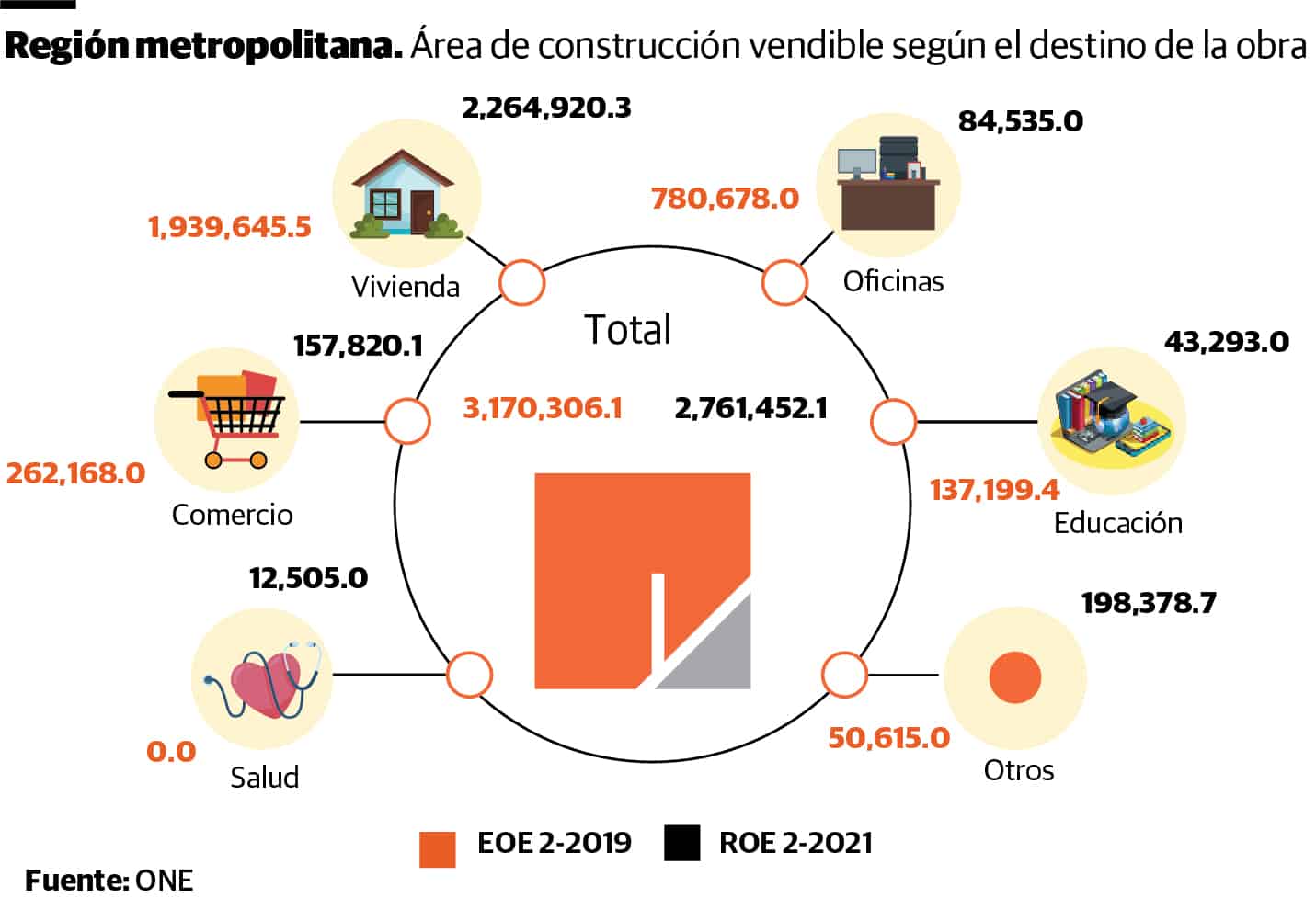
Cons: neighbors
Juan Chalas, one of the founders of the Plusval real estate agency, estimates that having an apartment with a short rent generates more profit than with a conventional rental. He reports that the average occupancy in lodgings per airbnb It is 18 to 20 days on average per month.
“It’s as if it were a hotel occupation, but taken to the residential area,” he says.
He estimates that renting an unfurnished two-bedroom apartment for a year can return $600 to $700 a month in rent. But if that same apartment is rented under the platform airbnb, it will require an additional investment to furnish it of about 15,000 or 20,000 dollars, but it would leave a return of 1,100 and 1,200 dollars. He projects that spending on furniture would recover in two to three years.
But the short rent has an element against it: the neighbors. When the units are acquired for investment in a family building, complaints can be generated that affect coexistence, for example, in the use of common areas and security issues, given the ignorance of the profile of the temporary tenant.
In a 17-apartment building in Alma Rosa I, in East Santo Domingo, a Dominican resident in the United States purchased a unit in 2020, during the pandemic. Soon, the neighbors began to get annoyed by the coming and going of unknown people every week, who also had noisy parties until late at night.
They found out later that the new owner promoted their apartment on the platform airbnb and they claimed him. Over time, the tension eased, even though the families continue to disagree.
“It was tried to see if it was possible to take legal action so that he could not do it (the rent for airbnb), but one of the owners, who is a lawyer, was investigating, and said that there is nothing at the legal level with which one can limit it,” says Rafael Rodríguez, a member of the Residential Neighborhood Council.
Law 5038 on Condominiums is 63 years old and does not prevent short rents in family residences. Given this, from the AEI they report that there are complexes that prohibited it internally in their units.
Two years ago Puerto Rico updated its legislation in this regard -which was 62 years old- and established that short-term leases (less than 90 consecutive days) cannot be prohibited, unless there is a prohibition in the master deed or in the regulations. expressly or that establishes a minimum lease term.
“Ideally, if a tower is going to be built, it should be just for one purpose: if it’s for investment, it’s for investment; if it’s for housing, it’s for housing”Founder of Plusval real estate agency
Rodríguez recognizes that the short rent is profitable, although he is aware of the security risk that families analyze and that there are those who fear that their properties will lose value as a permanent residence. He calculates that if his neighbor’s apartment is rented for a full month, via airbnbthe owner earns the equivalent of three months of conventional rent, which for that unit is around 15,000-20,000 pesos per month.
To avoid conflicts, the construction sector has chosen to build new projects with specific divisions, either in the same complex: for residential and for short rentals, the latter being preferably one and two bedrooms.
“If you mix these two environments, it can cause problems,” admits agent Chalas. “Ideally, if a tower is going to be built, it should be just for one purpose: if it is for investment, it is for investment; if it’s about housing, it’s about housing”.
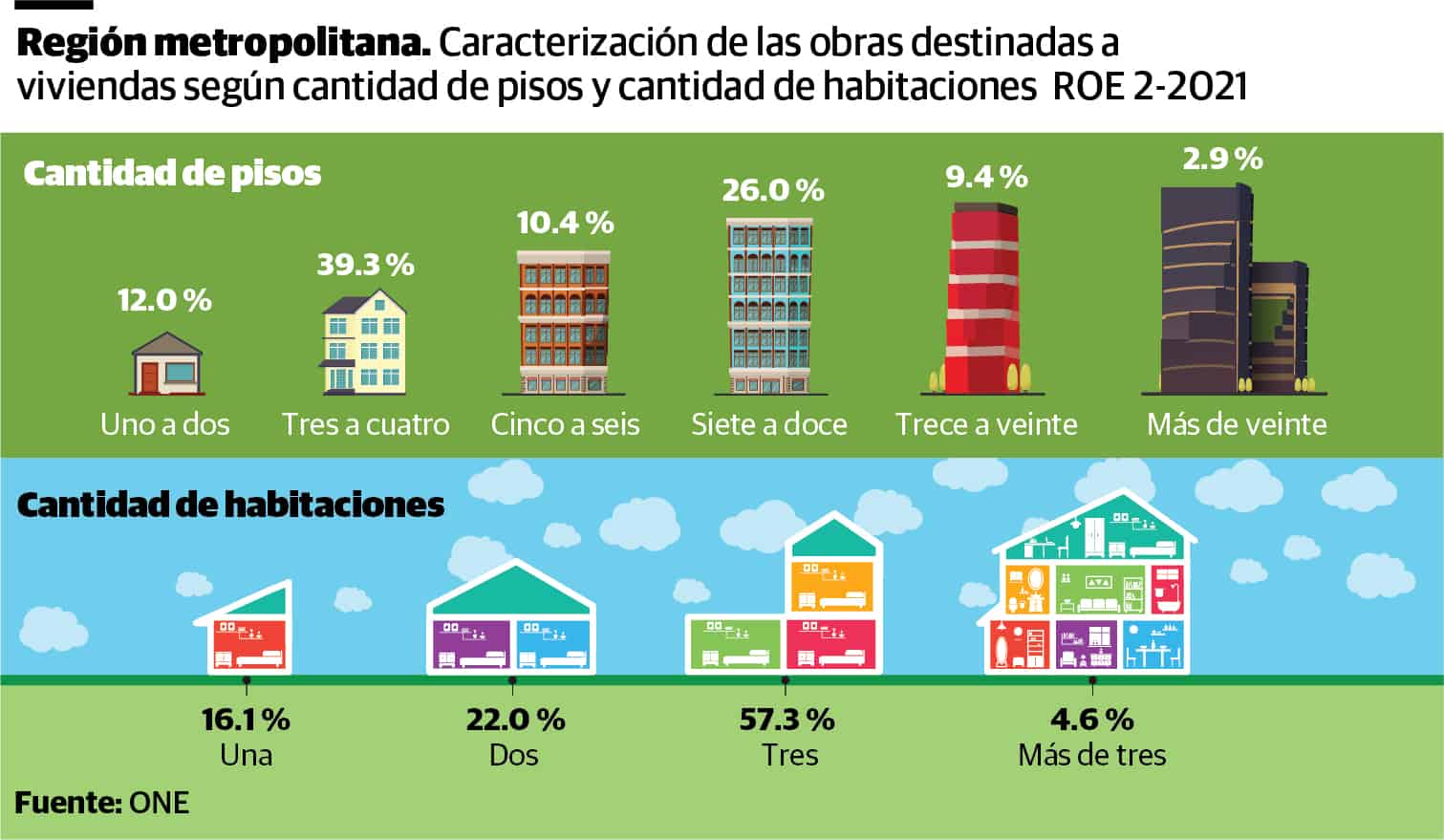
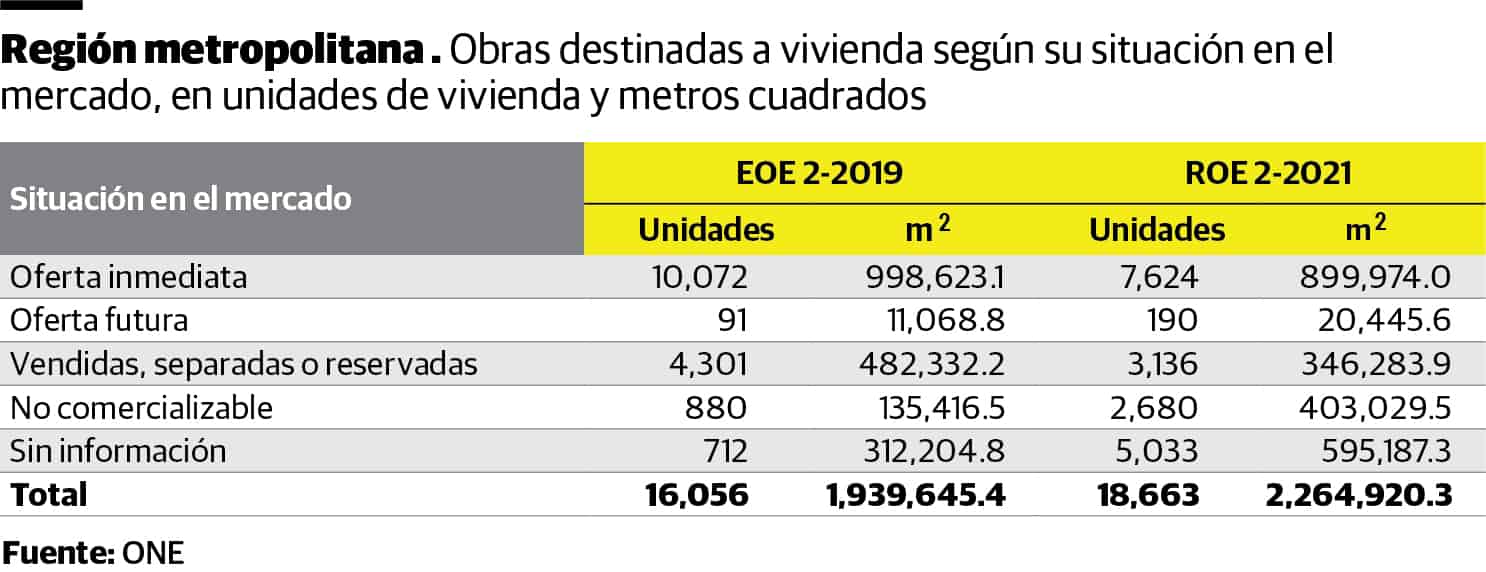
A regulation with flats
“The safest investment is in real estate,” says Chalas. “And if you bring up the subject of the airbnb, which is a world market, you are reaching the whole world. Since you put your property in airbnbyour property is seen in Holland, in Switzerland”.
Because of this boom, the Minister of Tourism, David Colladoexpressed in the first week of April the government’s interest in regulating the short-rent modality through digital platforms while continuing to promote it.
“I think we should continue promoting it, but I am also convinced that it must be regularized and that they have to pay taxes,” Collado said at the time.
“If you, to one of the main lines of the construction sector, which is the construction destined for Airbnb, come and charge a leonine tax, let’s say, or an unusual tax, it can affect the development of that sector that contributes both to the economyPresident of the Association of Real Estate Agents and Companies
Bogaert attributes the interest of the regulation to “a complaint mainly from hoteliers.” “They understand that their business is affecting them, but the reality is that if we are not careful, as a government, to do something very conscientious, it can hurt a very productive sector for the economy.”
The president of the Association of Hotels and Tourism of the Dominican Republic (Asonahores), Rafael Blanco Tejera, has indicated that the regulation would be the same as that required in any hotel, that is, that the interest is that short-rent hotels comply with its fiscal obligations and the obligations and security guarantees of Tourism.
When a user rents an apartment via platforms like airbnb does not contribute to the Dominican treasury. The profit goes to the owner (also administrators, if any) and to the digital company.
“We don’t shut down,” says Bogaert. “I understand that they should set some type of tax, there is no problem because that generates income.” However, he considers that “you have to be careful”.
Analyze that the money generated by an income airbnb, “stays in the Dominican Republic”. “It is money that is put into circulation quickly, because for you to have a airbnbyou have to hire a staff”.
The construction sector was one of the three that contributed the most to the Gross Domestic Product (GDP) of the Dominican Republic last year.
“If you, to one of the main lines of the construction sector -which is the construction intended for airbnb– you come and charge a leonine tax, let’s say, or an unusual tax, it can affect the development of that sector that contributes so much to the economy”, says Bogaert.
